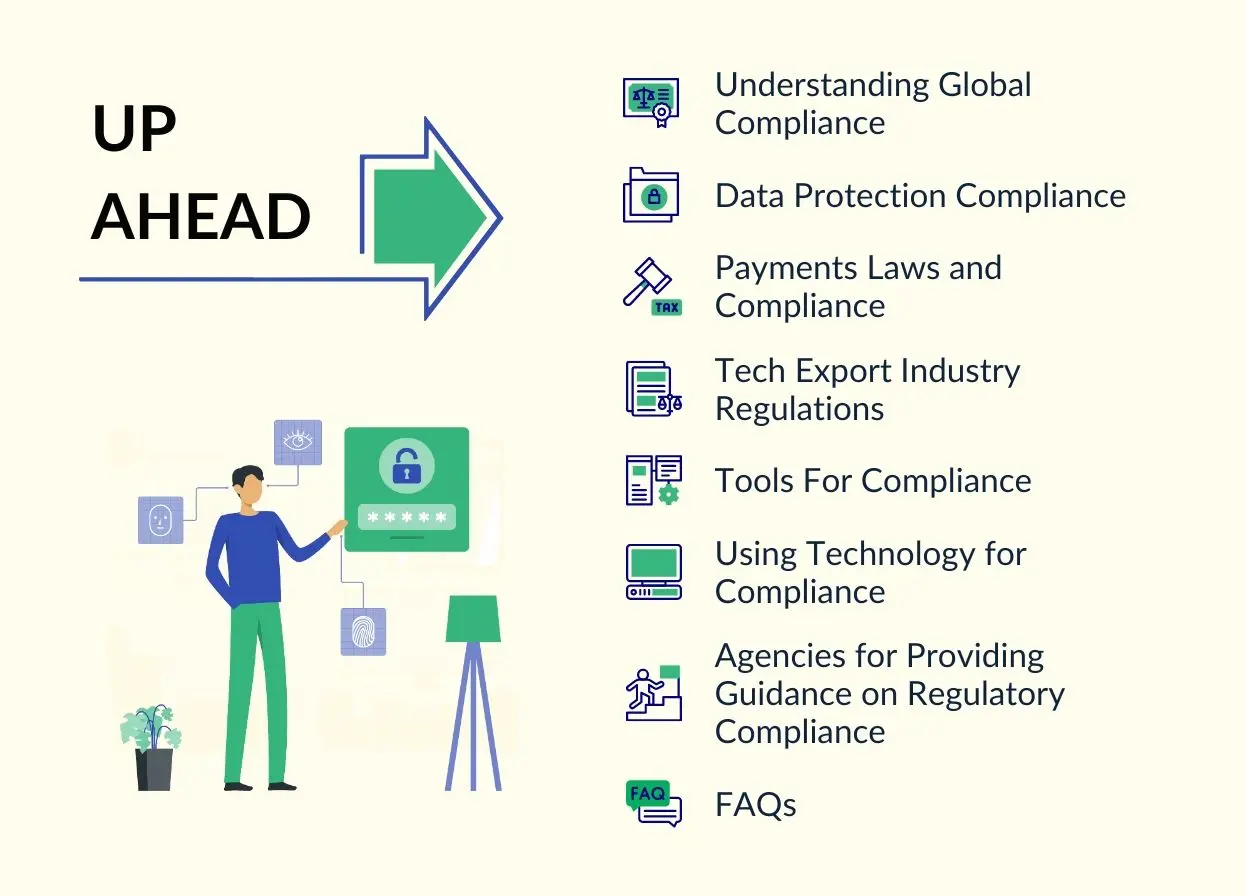
In today’s global economy, businesses engaged in international trade face complex challenges, especially when it comes to navigating international tax compliance. Whether you’re exporting goods to new markets or importing raw materials for manufacturing, understanding and managing international tax obligations is crucial. This blog provides essential tips and strategies to help exporters and importers effectively navigate international tax compliance.
Understanding International Tax Compliance
International tax compliance involves adhering to tax laws and regulations of multiple jurisdictions when conducting cross-border business activities. Key considerations include withholding taxes, transfer pricing rules, VAT/GST implications, and treaty benefits. Non-compliance can lead to penalties, reputational damage, and operational disruptions.
Essential Tips for Exporters and Importers
- Tax Treaty Benefits: Leverage tax treaties between countries to reduce or eliminate double taxation on income derived from international trade activities. Understanding treaty provisions can optimize tax outcomes.
- Transfer Pricing Compliance: Ensure arm’s length pricing in intercompany transactions to comply with transfer pricing rules. Documentation supporting the pricing methodology is essential to mitigate transfer pricing risks.
Transfer Pricing Documentation Requirements Document your pricing methodology. Maintain records of intercompany transactions. Ensure compliance with local transfer pricing rules. - VAT/GST Considerations: Understand VAT/GST implications on imported goods and exported services. Compliance with VAT/GST registration, reporting, and recovery procedures is critical to avoid penalties and cash flow issues.
Overview of VAT/GST Considerations Register for VAT/GST where applicable. Comply with local VAT/GST reporting requirements. Monitor VAT/GST recovery procedures.
Strategic Approaches
When navigating international tax compliance, consider adopting the following strategic approaches:
- Risk Assessment: Conduct a thorough assessment of tax risks associated with international transactions. Identify potential areas of exposure and develop risk mitigation strategies.
- Compliance Calendar: Maintain a compliance calendar to track filing deadlines, VAT/GST remittance dates, and other tax obligations across jurisdictions. Timely compliance reduces the risk of penalties.
- Engage Tax Advisors: Collaborate with international tax advisors who specialize in cross-border transactions. Their expertise can provide insights into local tax laws, compliance requirements, and strategic tax planning opportunities.
Case Study: Implementing Effective Compliance Measures
For instance, a multinational corporation expanding its distribution network globally ensures compliance with local VAT/GST regulations by centralizing invoicing processes and leveraging technology for real-time VAT/GST reporting and compliance monitoring.




